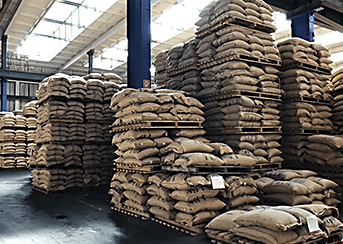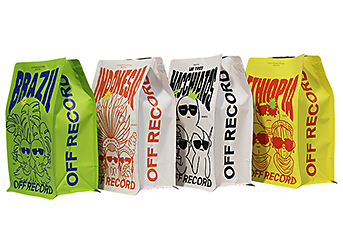How important is it for coffee beans to stay fresh?
The U.S. ICE Intercontinental Exchange said on Tuesday that during the latest coffee warehousing certification and grading process, about 41% of Arabica coffee beans were deemed not to meet the requirements and refused to be stored in the warehouse.
It is reported that a total of 11,051 bags (60 kilograms per bag) of coffee beans were put into storage for certification and grading, of which 6,475 bags were certified and 4,576 bags were rejected.


Given the very high rejection rates for certification grading over the past few rounds, this may indicate that a large proportion of recent batches submitted to exchanges are coffees that were previously certified and then decertified, with traders seeking new certifications to avoid staleness bean punishment.
The practice, known in the market as recertification, is banned by ICE exchanges as of November 30, but some lots shown before that date are still being evaluated by graders.
The origins of these batches vary, and some are small batches of coffee beans, which may mean that some traders are trying to certify coffee that has been stored in warehouses in the destination country (importing country) for a period of time.
From this we can infer that the freshness of coffee beans is increasingly valued and plays an important role in coffee grades.
How to ensure the freshness of coffee beans during the sales period is the direction we have been researching. YPAK packaging uses imported WIPF air valves. This air valve is recognized in the packaging industry as the best air valve to maintain the flavor of coffee. It can effectively isolate the entry of oxygen and discharge the gas generated by coffee.

Post time: Dec-07-2023







